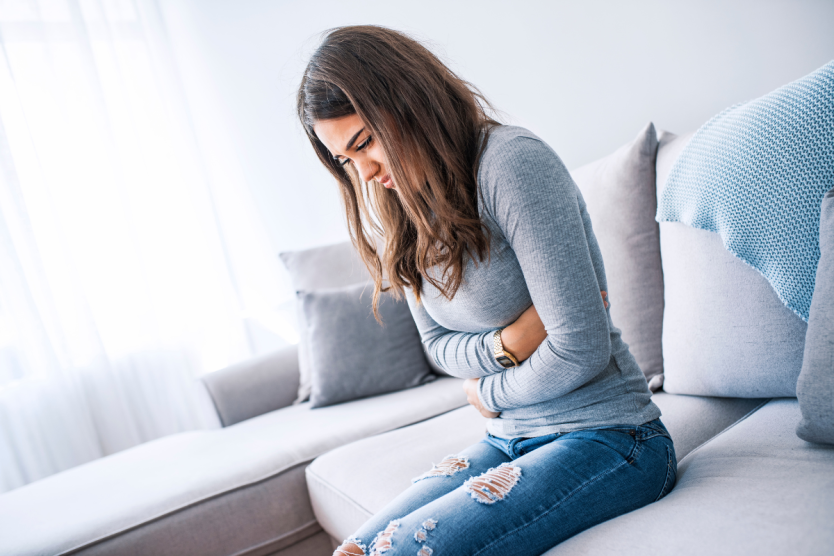Knowing you have a growth in your body can cause concerns.
Uterine fibroids represent the most common pelvic tumours among women of reproductive age, affecting more than 70% of women worldwide.1 But that doesn’t mean that you won’t have questions, including whether they can cause cancer, whether you can get pregnant with fibroids, and can fibroids burst?
Here are answers to those questions.
Uterine Fibroids
Fibroids can range in size from very small to bulky masses, and women can have one or several. Many women have uterine fibroids sometime during their lives and may not even know because they often cause no symptoms. Uterine fibroids are typically non cancerous, often appear during childbearing years, aren’t associated with an increased risk of uterine cancer, and almost never develop into cancer.2
As for concerns about getting pregnant and having a healthy pregnancy, it is possible to get pregnant with fibroids. However, some types of fibroids may have an impact on fertility, if they block the sperm from reaching an egg, or they make it more difficult for a fertilized embryo to implant into the lining of the uterus.3 But the vast majority of women with fibroids can get pregnant and deliver a healthy baby.4
Can Fibroids Burst?
Another common question is whether fibroids can burst. The short answer is yes, but spontaneous rupture of benign uterine fibroids is extremely rare and is associated with fibroid degeneration.5 However, because a rupture can cause acute bleeding, and may require surgical intervention, it’s worth being informed about the condition.5
Since there are so few cases, medical professionals aren’t sure why fibroids rupture. Causes may include:
- an increase in abdominal pressure or in blood pressure6
- twisting in a fibroid that has a stalk6
- an injury that tears the fibroid from the uterus6
- the fibroid growing too large for its existing blood supply6
- infection5
- activity5
- pregnancy5
Degeneration and death of the fibroid cells can also happen, and can cause very sudden and severe pain, often localized to the specific fibroid that is dying. This is different from a ruptured fibroid.7
While ruptured fibroids are rare, they can cause severe complications if left untreated. That’s because the burst fibroid can create an acute blood loss. If you’re pregnant, a ruptured fibroid can also cause serious health risks. If you have fibroids and experience sudden and severe abdominal pain, see a medical professional right away. This symptom could indicate a burst fibroid or another serious issue.6
Seek Diagnosis
If you suspect you have uterine fibroids, use our Physician Finder to find a doctor near you with expertise in women’s health, who can provide diagnosis and treatment. It’s important to be examined to know if you do have fibroids, and whether you need treatment for them.6 In particular, if you have pelvic pain that doesn’t go away, overly heavy, prolonged or painful periods, or spotting or bleeding between periods, or severe vaginal bleeding or sharp pelvic pain that comes on suddenly, seek immediate medical care.2 And if you think you have a burst fibroid, seek immediate medical attention. The most common ruptured fibroid symptom is severe abdominal pain, and in rare cases, spontaneous, excessive vaginal bleeding can occur.6
















